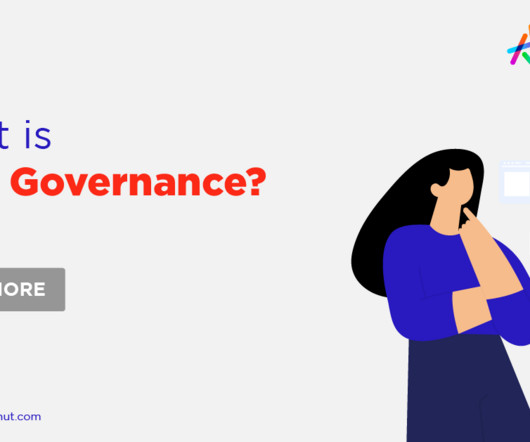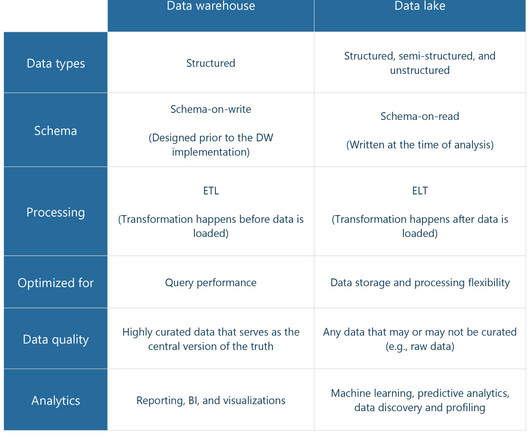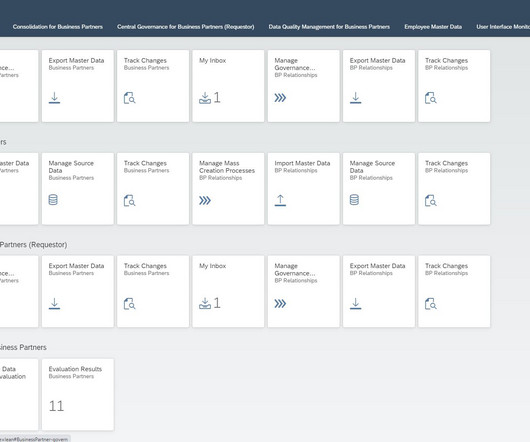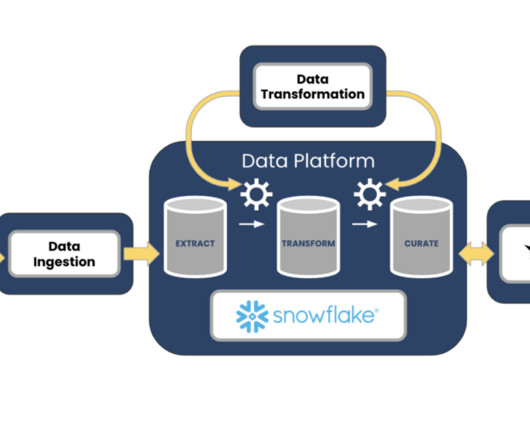DataOps Architecture: 5 Key Components and How to Get Started
Databand.ai
AUGUST 30, 2023
A DataOps architecture is the structural foundation that supports the implementation of DataOps principles within an organization. It encompasses the systems, tools, and processes that enable businesses to manage their data more efficiently and effectively. As a result, they can be slow, inefficient, and prone to errors.












Let's personalize your content